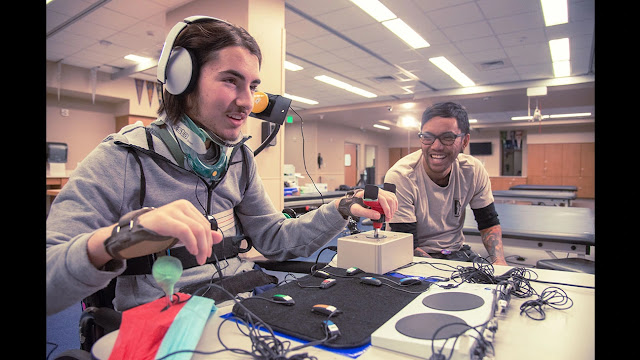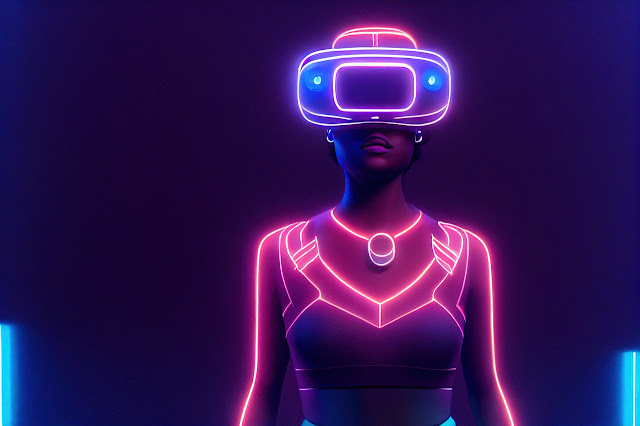Introduction:
The gaming industry has always been at the forefront of technological innovation, constantly pushing the boundaries of what is possible. One of the most exciting advancements in recent years has been the integration of artificial intelligence (AI) into gaming experiences. AI has revolutionized the way games are developed, played, and enjoyed by both casual and hardcore gamers alike. In this article, we will explore the profound impact of AI on the gaming industry and how it is transforming the landscape of interactive entertainment.
1. Intelligent Non-Player Characters (NPCs):
AI has greatly enhanced the capabilities of non-player characters (NPCs) in video games. Traditionally, NPCs were limited to pre-programmed behaviors and responses, often resulting in predictable and repetitive interactions.
2. Procedural Content Generation:
AI has enabled developers to create vast and diverse game worlds through procedural content generation. Instead of manually designing every aspect of a game's environment, AI algorithms can generate landscapes, characters, items, and quests automatically. This not only saves time and resources but also results in more dynamic and unique gaming experiences. Procedural content generation ensures that each playthrough is different, enhancing replayability and providing endless entertainment possibilities.
3. Adaptive Gameplay:
AI's ability to learn and adapt is transforming gameplay experiences. AI algorithms can analyze player behavior and preferences in real time, allowing games to dynamically adjust their difficulty levels, pacing, and challenges accordingly. This adaptive gameplay ensures that players are constantly engaged and challenged, making the gaming experience more enjoyable and personalized. Additionally, AI can provide hints, tips, and suggestions to players, enhancing their overall gaming performance and satisfaction.
4. Enhanced Game Design and Testing:
AI has revolutionized the game design and testing process. Game developers can utilize AI algorithms to simulate and optimize various aspects of game development, such as physics, graphics, and sound design. AI can help identify and fix bugs and glitches more efficiently, resulting in smoother and more polished gameplay experiences. Additionally, AI-powered playtesting can analyze player feedback and behavior, providing valuable insights for game designers to refine their creations and deliver better player experiences.
5. Intelligent Game Assistance:
AI is also revolutionizing the way players receive assistance within games. Virtual assistants powered by AI can provide real-time guidance, tips, and strategies to help players overcome challenges or navigate complex game worlds. These intelligent assistants can analyze game data, suggest optimal paths, and offer personalized recommendations, ensuring that players never feel stuck or frustrated. AI-driven game assistance enhances the accessibility and inclusivity of gaming, making it enjoyable for players of all skill levels.
6. AI in Virtual and Augmented Reality:
AI's integration with virtual and augmented reality (VR/AR) is unlocking entirely new dimensions in gaming. AI algorithms can enhance the realism and immersion of VR/AR experiences by generating realistic physics simulations, lifelike character interactions, and dynamic environments.
Additionally, AI can analyze biometric data, such as heart rate and facial expressions, to adapt the game experience in real time, creating truly immersive and personalized virtual worlds.
Conclusion:
The integration of AI into the gaming industry has revolutionized the way games are developed, played, and experienced. From intelligent NPCs and procedural content generation to adaptive gameplay and AI-driven assistance, AI has transformed the gaming landscape, providing more immersive, dynamic, and engaging experiences. As AI continues to advance, we can expect even more groundbreaking developments, blurring the lines between virtual and reality and offering unparalleled gaming experiences. The future of gaming is undoubtedly intertwined with the limitless possibilities of AI.






